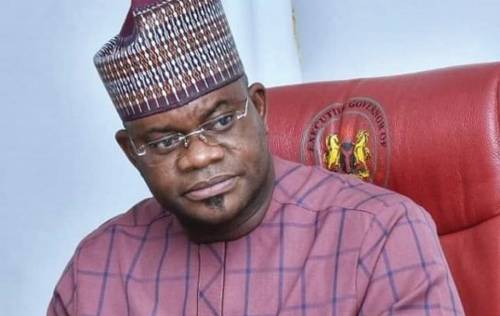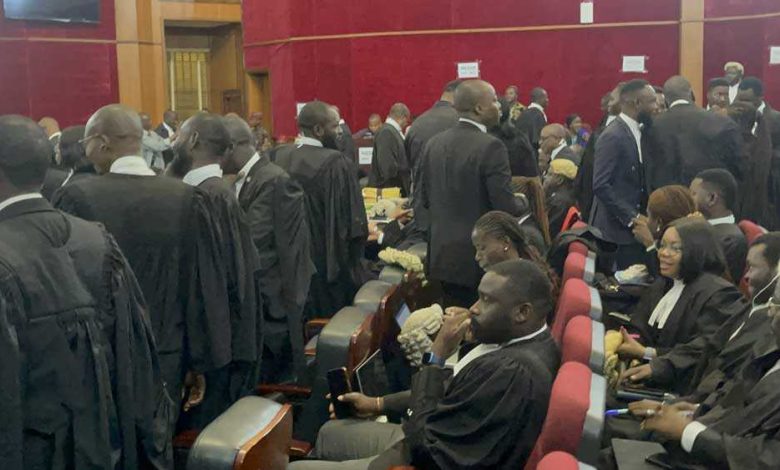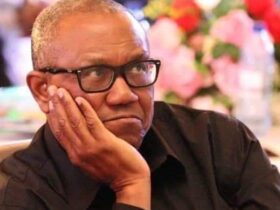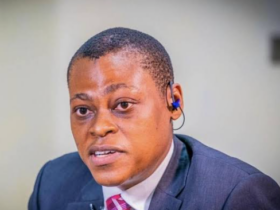
Lawyers representing former Kogi State Governor, Alhaji Yahaya Bello, have made a bold assertion in court, declaring the Economic and Financial Crimes Commission (EFCC) an illegal organization.
This declaration came during proceedings on Tuesday, where Mr. Adeola Adedipe, SAN, a member of Bello’s legal team, argued that the EFCC Act was enacted without proper consultation with the 36 states of the federation as required by the constitution.
According to Adedipe, section 12 of the 1999 Constitution, as amended, mandates the ratification of such acts by the various Houses of Assembly of states before they become operative.
He emphasized the gravity of the matter, stating, “This is a very serious matter that borders on the constitution and the tenets of federalism. It has to be resolved because as it stands, the EFCC is an illegal organization.”
In response, EFCC’s lawyer, Mr. Kemi Pinheiro, SAN, urged the court to reject the application, insisting that Bello should not be granted relief until he appears for trial.
Pinheiro argued that the former governor’s numerous applications were merely attempts to delay his arraignment and frustrate the legal process.
Pinheiro emphasized the need to ascertain Bello’s whereabouts, stating, “The defendant cannot stay in hiding and be filing numerous applications. He cannot ask for the arrest order to be vacated until and when the defendant is present in court for his arraignment. He cannot be heard on that applied application.
“The main issue should be ascertaining the whereabouts of the defendant. All these applications he is filing are nothing but dilatory tactics intended to delay his arraignment and frustrate the proceedings.
“If he wants the order of arrest to be discharged, let him come here and make the application.
READ ALSO: BREAKING: Mass Exodus Hits PDP As Top Chieftains Abandon Party
“Our position is that the defendant should be denied the right of being heard, until he is physically present before this court.”
Moreover, EFCC asserted that the legality of its existence had been settled by the Supreme Court.
“The charge before this court is not against a state or House of Assembly, but against an individual who is said to have laundered public funds.
“It is against an individual who is said to have taken public funds to buy houses in Lagos, Maitama and also transfered funds to his accounts abroad,” EFCC disclosed.








Leave a Reply